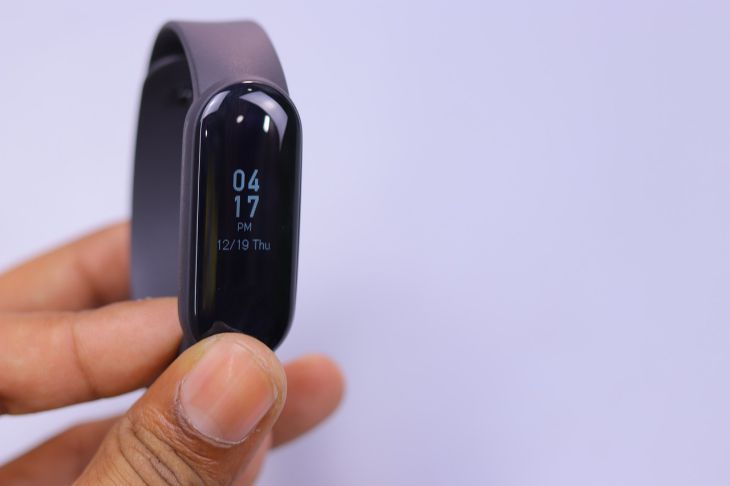Each of us has at least once done sports using a fitness bracelet and very often asked ourselves the question: “Does it really determine the indicators during training so accurately?” Now we will figure it out.
In the 21st century, fitness bracelets have become very popular among those who play sports and monitor their health.
Manufacturers claim that this device will track physical activity throughout the day, measure calories, and also evaluate the energy efficiency of training. However, the question of how accurately fitness bracelets can determine energy efficiency remains a subject of debate, says fitness trainer Anna Fedorova .
The fitness bracelet measures these indicators using built-in accelerometers and infrared sensors. The data received by these sensors is then used to estimate energy expenditure.
It is very important to understand here that the accuracy of such measurements may be limited by a number of factors.

1. When assessing energy efficiency, these devices do not always take into account the individual characteristics of each person. Metabolism, body composition, exercise technique vary greatly from person to person - which means that the general data obtained from using these bracelets should be taken with some caution.
2. In addition, fitness bracelets are not always able to take into account the entire spectrum of physical activity. For example, when performing strength exercises and cardio workouts, a fitness bracelet may underestimate energy expenditure due to insufficient consideration of changes in pulse and movement.
3. The following factors can also affect the accuracy of fitness bracelet readings.
- Interference associated with human movement.
- Skin color, hair, tan, tattoos. All of these can interfere with the sensors that read the information. For example, the darker the skin, the more it absorbs light from the sensor on the bracelet.
- Positioning the fitness bracelet on the hand
For a more accurate determination of energy efficiency, it may be necessary to turn to more specialized measurement methods, such as pulse measurement and breathing studies.
Fitness trackers can be a convenient and motivating tool for tracking overall activity and fitness, but their ability to accurately measure energy efficiency, especially in individual cases, remains questionable.
It is always recommended to consult a professional for a more accurate assessment of the energy efficiency of your workouts and to develop personalized workout programs.









